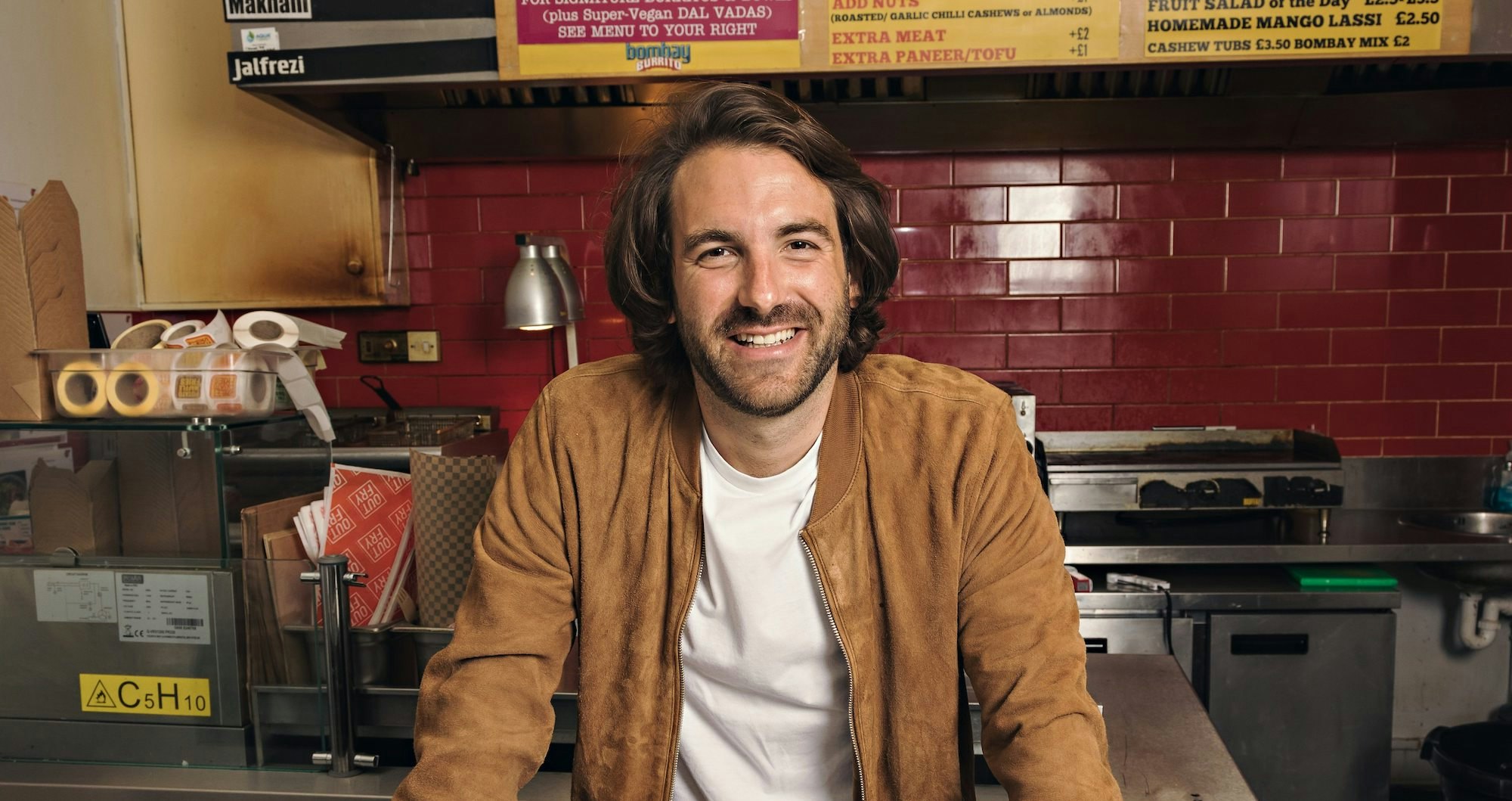Getting financial backing from VCs is an essential aspect of many startups’ growth. And when it comes to catching their attention, learning why they say ‘no’ is as important as why they say ‘yes’.
In our latest Sifted Talks, we went straight to the source. We spoke to Zoë Chambers, principal at Octopus Ventures, Camilla Mazzolini, principal at First Minute Capital, and Dave Rosenberg, head of marketing at Oracle NetSuite, about why founders get rejected.

1. Product market fit and founder-market fit and timing… oh my!
According to our panellists, VCs give out hundreds of ‘nos’ per week and only tens of acceptances per year. And it’s not always about how good the product is or the founder’s experience.
Chambers says the context of the meeting can go a long way — a pitch via Zoom on a Monday morning, for example, when the founders are low-energy, can make it hard to impress.
Mazzolini also cites lack of product market fit — and lack of founder-market fit — as the main reason she’ll reject a startup with potential.
“When it's a no, it's when there's a lack of founder-market fit. So a brilliant, brilliant founder who is just going after what we think is an unexcited, crowded market.” — Camilla Mazzolini, First Minute Capital
2. Unstructured and unrealistic pitch deck
For our panel of investors, typos and a lack of structure to the pitch deck are simple things that cause them to reject startups.
But most important, if a pitch deck is unrealistic, it makes it extremely hard to give them that yes.
“You want to show that you have a big addressable market and that you're gonna get a piece of it. I'm constantly amazed at how much money gets raised. It's hard to know, but they didn't go in and say we're going to have a $10 billion market in three years, right? It's just not realistic. People are smarter than that.” — Dave Rosenberg, Oracle NetSuite
3. You’re not telling your story — or showing your market
As Rosenberg says, hyping up your startup’s projected growth to unrealistic proportions simply doesn’t work. So how do you get VCs excited about your business while staying realistic?
Chambers says it's important to show you have a big addressable market and founders should be able to clearly demonstrate they’ve thought about the steps needed to break into it.
“Your best entrepreneurs tell you the story as to why there is actually that seller's market, how they will actually penetrate it and how they've got the green shoots. It's about sensibly crafted small stepping stones that add up to get you there rather than just hyperbole and bullshit.” — Zoë Chambers, Octopus Ventures
4. Selling your business to VCs requires a sales mindset
Getting series funding requires a sales mindset and a lot of confidence to pitch your ideas to a row of investors. This can be nerve-wracking to founders who are more product-focused than business or sales-focused.
Chambers says that while having an exciting product is the most important thing, founders should look to pick up commercial talent as soon as possible as this will help make your VC pitches more compelling.
“We absolutely accept and love the fact that the first few people on the team will be far more technical folks. We want them to be building something that will be exciting and interesting, so that they can attract the talent on the commercial side and folks who understand the market. That combination together will be very, very compelling.” — Zoë Chambers, Octopus Ventures
5. VC bias exists
Less than 1% of venture capital investment in the UK went to Black entrepreneurs over the last 10 years, highlighting the systemic barriers Black businesses face when securing financing. So how can founders from underrepresented demographics maximise their chances of getting VC backing?
According to Mazzolini, while overcoming bias should be the responsibility of VCs, not founders, startups might want to consider pitching to VCs that have previously invested in talent from underrepresented groups — and have a track-record of putting their money where their mouth is.
“You can do more work on who you're pitching to but it's really the investors who should try to find these biases. The founder having to do research on which investment is founder friendly or whatever minority friendly is — that shouldn't be the case. It should be investors doing the work to [overcome those biases].” — Camilla Mazzolini, First Minute Capital
6. VCs won’t say ‘yes’ if you don’t get in the room
According to Chambers, VCs take hundreds of meetings per week. Many of those meetings will result in a ‘no’ — but just getting in front of those decision-makers is half the battle, says Rosenberg.
Rosenberg says putting yourself out there, getting in the room and making those connections — even with a half-formed idea — is a vital step to eventually getting that ‘yes’. After that, he says, let your revenue do the talking.
“The number one question is, how do I get more contacts in the VC world? It's really just putting yourself out there. You need to go to these conferences, you need to go speak to people... But the single best thing you can do is generate revenue. It cures all ills and will make you even more appealing to any investor.” — Dave Rosenberg, Oracle NetSuite
To find out more about Why VCs say 'no', you can watch the full Sifted Talk here:




